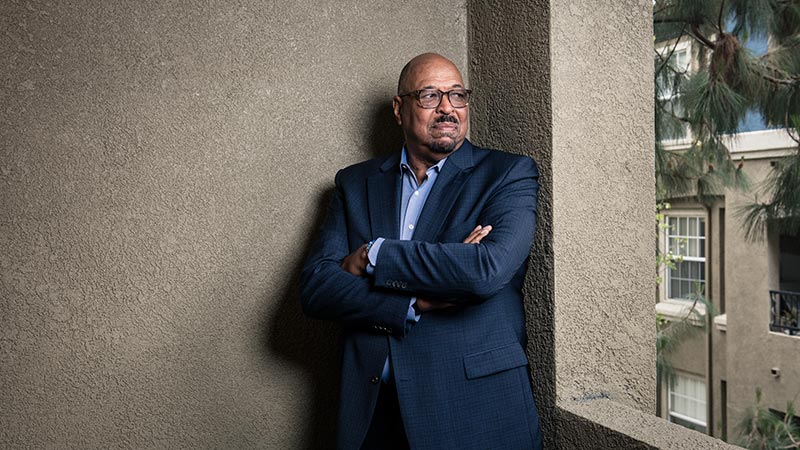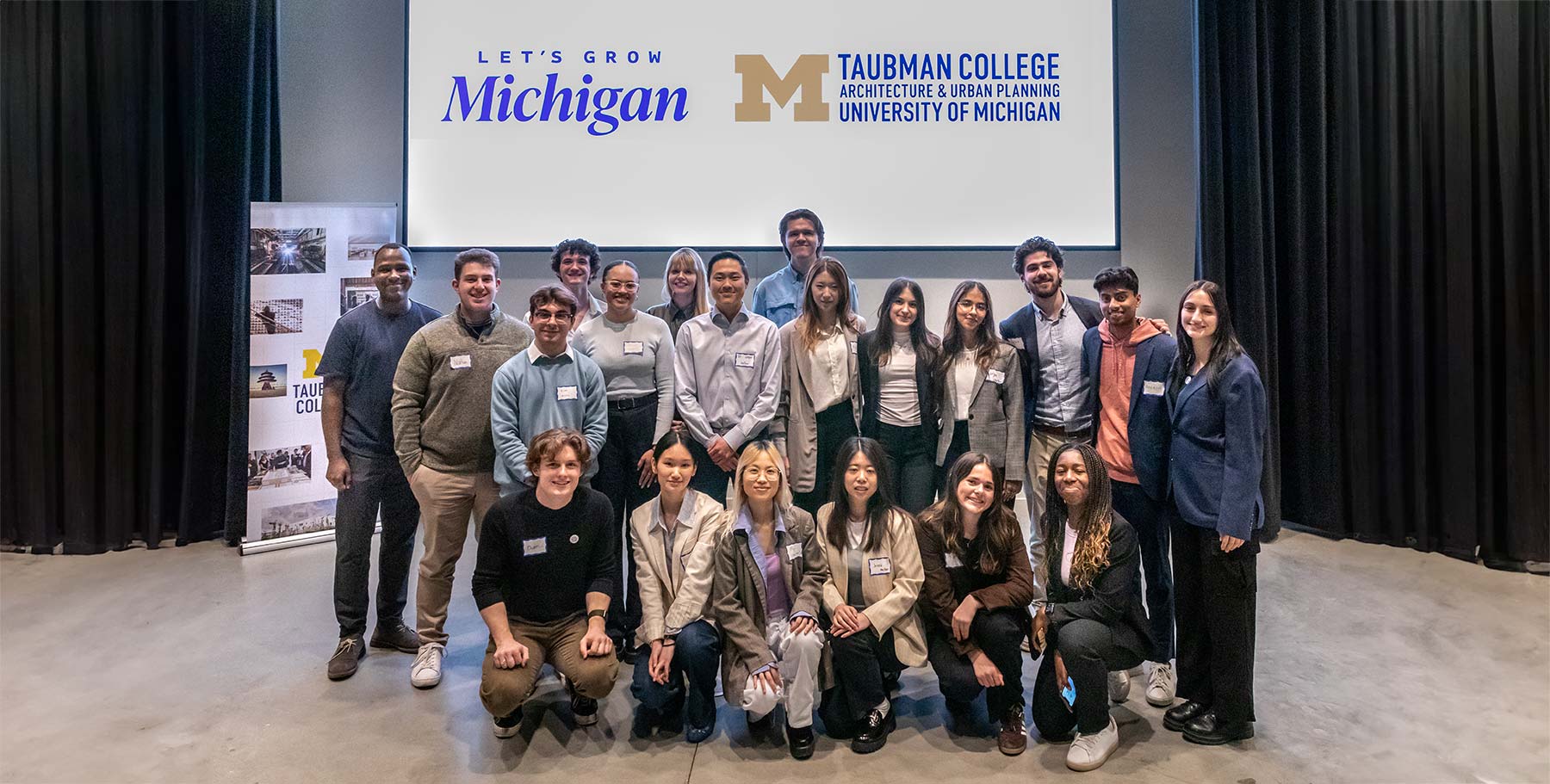There’s an old adage about the best restaurants being the ones with the line out the door. Daryl Carter’s twist: the best places to live are those with full visitor parking lots and waiting lists. He’s proud to say his properties fit the bill.
“The view has been that people have to live in affordable housing, but we have shifted the paradigm. People want to live in our communities,” says Carter, B.S. ’77, the founder, chairman, and CEO of Irvine, California-based Avanath Capital Management LLC.
Avanath manages rental properties in 13 states and the District of Columbia — a total of about 14,000 units, the vast majority of which fall under Section 8 affordable housing guidelines, meaning the residents earn less than 50 percent of the area’s median income. Carter, who has testified on Capitol Hill multiple times about the affordable housing crisis in America, points out that it’s a color-blind problem. While there’s a persistent stigma about affordable housing being in Black and Brown neighborhoods, housing issues are just as prevalent in rural, white communities. He says one way to destigmatize affordable housing is to follow the European model of having communities that are a blend of subsidized and non-subsidized units — which he has done with several Avanath properties. “Those are our best communities because no one has a label,” he says.
Avanath turns the traditional notion of “affordable housing” on its head by focusing on tenant retention, community building, and “lifestyle within reach.” That means Avanath spends its renovation dollars on things that make the biggest impact on residents — like washers and dryers that save parents from having to worry about child care while they go to laundromats, or pools that provide fitness, recreation, and a sense of luxury — instead of removing popcorn ceilings or installing granite countertops.
“Developers often think in terms of, ‘how much will someone pay for that,’” Carter says. He’d rather ask, “Would you prefer a granite countertop or a Formica countertop and lower rent?”
As a native of Detroit, Carter witnessed the effects of disinvestment in cities. That’s always in the back of his head today. “If capital goes into an area, if people are investing in homes and businesses, then you’re going to have a community on the rise,” Carter says. So Avanath also emphasizes community. They’ve partnered with local nonprofits to provide after-school programming while parents are at work. They’ve also partnered with Amazon to provide Amazon Lockers so that residents can have secure deliveries of items, including groceries. Additional programs include vaccine clinics and access to banking.
“By investing holistically in programs and services that support our residents, our residents stay with us longer, which makes our communities and our bottom line more stable,” Carter says. “The biggest element that makes a property safer is low turnover because people know each other and each other’s kids and they look out for each other.”
Most Avanath properties operate at 100-percent capacity and have waiting lists. The annual tenant turnover rate hovers around 15 percent, well under the industry standard of close to 60 percent. While the conventional rental industry relies on such turnover to drive higher rents and maximize profit, “we find that getting a 3-percent rent increase each year from an existing resident whom we know is easier than the costs of re-tenanting and then getting a higher rent from an unknown entity,” Carter explains.
Carter figured he would become a practicing architect — until he met one of Boston’s only Black real estate developers while he was pursuing an M.Arch at MIT. His mentor convinced him to also get an M.B.A., and Carter began working for him on projects in the historically African American neighborhood of Roxbury. He calls the experience “enlightening. My idealism about design met financial reality.”
After graduating from MIT, Carter worked in real estate in Chicago before relocating to Southern California. In 1992, he and a friend decided to strike out on their own and launched Capri Capital LLC.
“I tell people that if they want to start a business, they shouldn’t overthink it because whatever they think, it’s probably going to be different,” Carter says. “We saw that there were markets that were underserved by capital, that there was money to be made in urban areas by investing in retail and quality housing.”
They sold the largest part of their business to Stephen M. Ross, B.B.A. ’62, in 2005. Carter stayed on for three years to run the business for Ross’s Related Companies until deciding to again strike out on his own and launch Avanath in 2007.
“It was like earning a post-graduate degree to work alongside Stephen,” says Carter. Avanath and Related have transacted several deals over the years, and “it’s one of my strongest business relationships, made even stronger by the U-M bond,” Carter says, noting that Related’s CEO is another Ross protégé, Jeff Blau, B.B.A. ’90. Many other powerhouses in the industry also are U-M grads, and Carter says, “Even though we’re competitors, they are all people I can pick up the phone and call to ask, ‘What do you think about this?’”
So how does Carter make Avanath stand out in such a competitive industry?
“We are the best at operating affordable rental housing in the country,” he says. Beyond the appealing aesthetics and stability of the communities, customer service is another important part of that success. “It doesn’t matter that they’re Section 8 voucher holders,” Carter says of his tenants. “It’s their home, and they deserve to be treated like they’re at the Ritz Carlton. And that starts with me. I tell residents all the time, ‘This is your home; I’m just the caretaker.’”
— Amy Spooner





